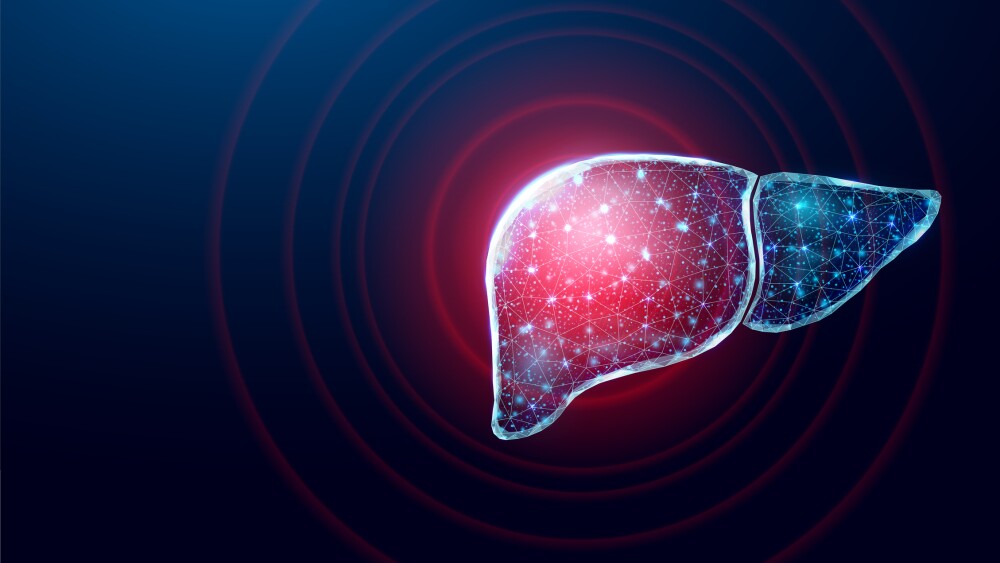Natera, Inc. (NASDAQ: NTRA), a leader in cell-free DNA testing, today announced new data being presented by the company and its collaborators on the use of the Signatera
Data suggests that ctDNA dynamics may be a better surrogate of overall survival than radiographic imaging (RECIST criteria) |
| [17-September-2021] |
| AUSTIN, Texas, Sept. 17, 2021 /PRNewswire/ --Natera, Inc., (NASDAQ: NTRA), a leader in cell-free DNA testing, today announced new data being presented by the company and its collaborators on the use of the Signatera® personalized molecular residual disease (MRD) technology at the 2021 European Society for Medical Oncology (ESMO) Congress, taking place September 16–21, 2021. In three new studies, Natera will present the real-world clinical performance of Signatera in esophageal and gastric cancers, the power of ctDNA dynamics for assessing treatment response in uveal melanoma and the correlation of CHIP mutations with patient outcomes. “Results from our study indicate that ctDNA is highly predictive of relapse in patients with gastroesophageal cancer,” said Brandon Huffman, M.D., clinical oncology fellow at Dana Farber Cancer Institute and Massachusetts General Hospital Cancer Center, and first author of the study. “Most gastroesophageal cancers recur after definitive treatment, and patients with advanced disease have a poor overall prognosis. This study addresses a huge need for tools to better identify patients at risk of recurrence and to inform disease management.” “This data underscores the value of tumor-informed MRD assessment in GI cancers,” said Alexey Aleshin, M.D., Natera’s VP of medical affairs, oncology. “It also highlights the potential for Signatera to improve upon radiographic imaging as a clinical endpoint, which can accelerate drug development and improve patient care.” Details about the presentations are as follows: Performance of a tumor-informed circulating tumor DNA assay from over 260 patients with over 800 plasma time points in esophageal and gastric cancer This study used Signatera for the detection and quantification of ctDNA in a prospective real-world cohort of 886 plasma samples from 269 patients with gastroesophageal cancer. Serial time points were collected in a subset of patients to monitor ctDNA levels after curative intent therapy. Analysis showed tumor-informed ctDNA status is highly predictive of relapse in patients with stage I-IV disease, with ctDNA detected in 93.3% of samples at baseline. Early reduction in ctDNA, regardless of best RECIST response, is associated with overall survival (OS) on tebentafusp in previously treated metastatic uveal melanoma (mUM) patients Uveal melanoma is a rare type of melanoma of the eye, associated with frequent liver metastases. This study of 127 mUM patients used a custom ctDNA assay for the evaluation of tebentasfusp therapy. Baseline ctDNA levels significantly correlated with tumor burden, and by week 9, 70% of evaluable patients showed ctDNA reduction associated with greater mean tumor shrinkage. For tebentafusp, ctDNA reduction appeared more correlated with overall survival than RECIST response. Association of clonal hematopoiesis of indeterminate potential with higher risk of disease progression Buffy coat samples derived from 2484 patients diagnosed with colorectal, breast, lung and other solid cancers were analyzed for the presence of CHIP mutations, which were detected in 16% of patients, with the majority having a single mutation. As expected, the frequency of CHIP increased with age and reached 20% in patients above 60 years, who were also more likely to have multiple CHIP variants compared to the younger patients. Although CHIP mutations are not tumor-derived and should not be used to monitor MRD burden, the presence of CHIP in MRD-positive cases was associated with poor patient outcomes and reduced time to recurrence. About Signatera Signatera is a custom-built circulating tumor DNA (ctDNA) test for treatment monitoring and molecular residual disease (MRD) assessment in patients previously diagnosed with cancer. The test is available for both clinical and research use and has been granted three Breakthrough Device Designations by the FDA for multiple cancer types and indications. The Signatera test is personalized and tumor-informed, providing each individual with a customized blood test tailored to fit the unique signature of clonal mutations found in that individual’s tumor. This maximizes Signatera’s accuracy for detecting the presence or absence of residual disease in a blood sample, even at levels down to a single tumor molecule in a tube of blood. Signatera is intended to detect and quantify how much cancer is left in the body, to detect recurrence earlier and to help optimize treatment decisions. Signatera test performance has been clinically validated in multiple cancer types including colorectal, non-small cell lung, breast, and bladder cancers. Signatera has been developed and its performance characteristics determined by Natera, the CLIA-certified laboratory performing the test. The test has not been cleared or approved by the US Food and Drug Administration (FDA). CAP accredited, ISO 13485 certified, and CLIA certified. About Natera Natera is a pioneer and global leader in cell-free DNA testing from a simple blood draw. The mission of the company is to change the management of disease worldwide with a focus on women’s health, oncology, and organ health. Natera operates ISO 13485-certified and CAP-accredited laboratories certified under the Clinical Laboratory Improvement Amendments (CLIA) in Austin, Texas and San Carlos, California. It offers proprietary genetic testing services to inform obstetricians, transplant physicians, oncologists, and cancer researchers, including biopharmaceutical companies, and genetic laboratories through its cloud-based software platform. For more information, visit natera.com. Follow Natera on LinkedIn. Forward-Looking Statements All statements other than statements of historical facts contained in this press release are forward-looking statements and are not a representation that Natera’s plans, estimates, or expectations will be achieved. These forward-looking statements represent Natera’s expectations as of the date of this press release, and Natera disclaims any obligation to update the forward-looking statements. These forward-looking statements are subject to known and unknown risks and uncertainties that may cause actual results to differ materially, including with respect to our efforts to develop and commercialize new product offerings, our ability to successfully increase demand for and grow revenues for our product offerings, whether the results of clinical or other studies will be repeated in later studies or support the use of our product offerings, our expectations of the reliability, accuracy and performance of our tests, or of the benefits of our tests and product offerings to patients, providers and payers. Additional risks and uncertainties are discussed in greater detail in “Risk Factors” in Natera’s recent filings on Forms 10-K and 10-Q and in other filings Natera makes with the SEC from time to time. These documents are available at www.natera.com/investors and www.sec.gov. Contacts Investor Relations: Mike Brophy, CFO, Natera, Inc., 650-249-9090
SOURCE Natera, Inc. | ||
Company Codes: NASDAQ-NMS:NTRA |




